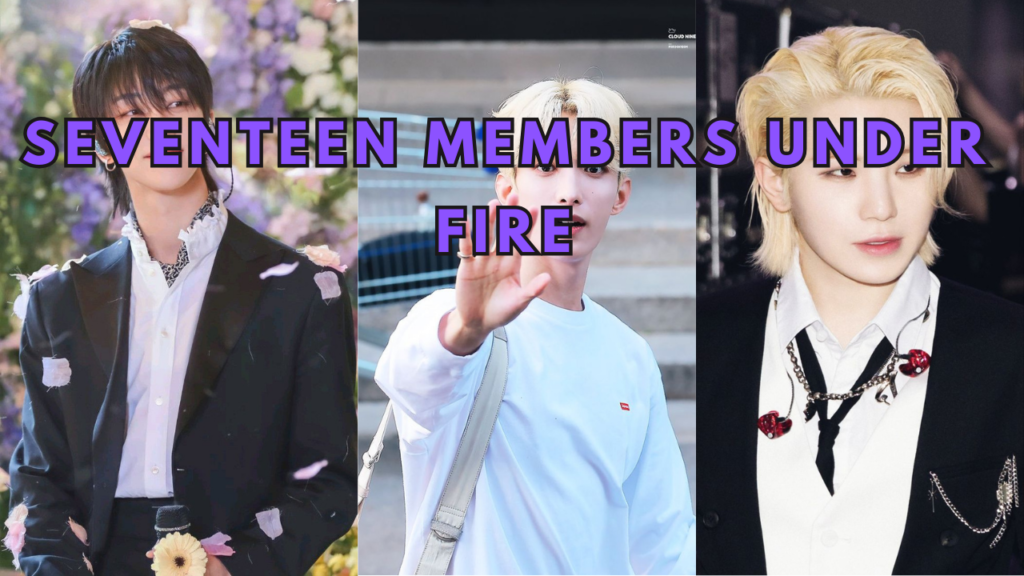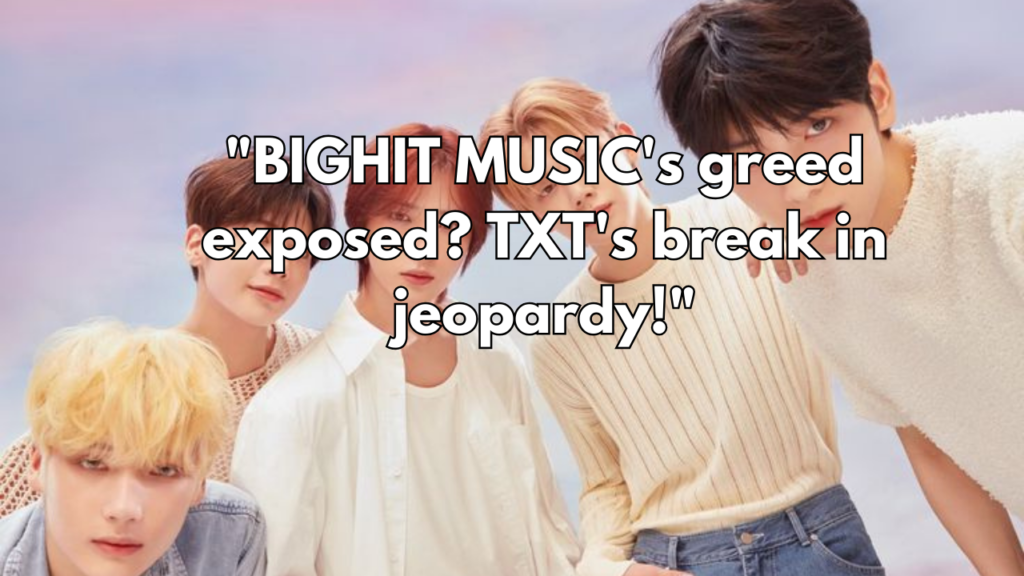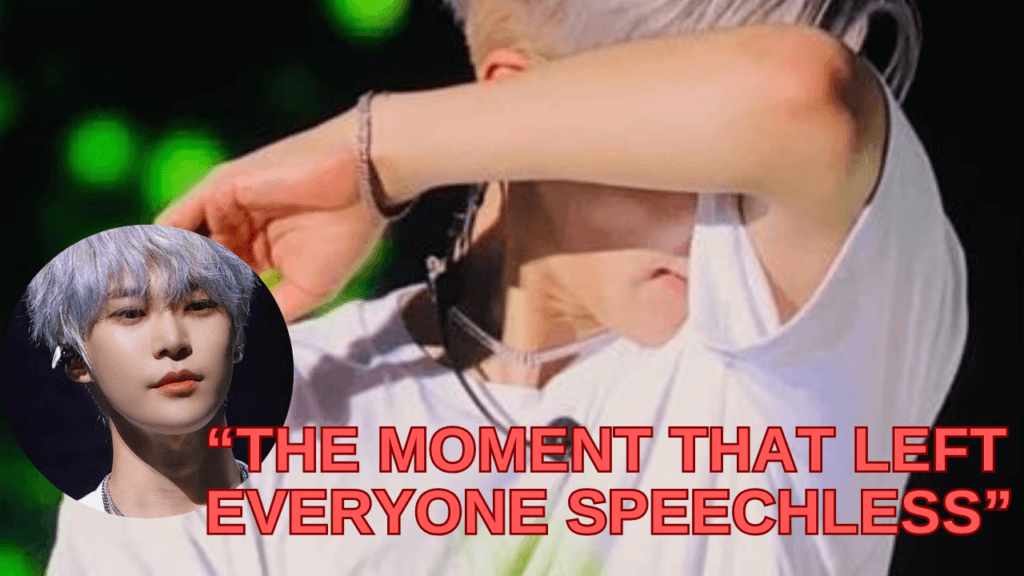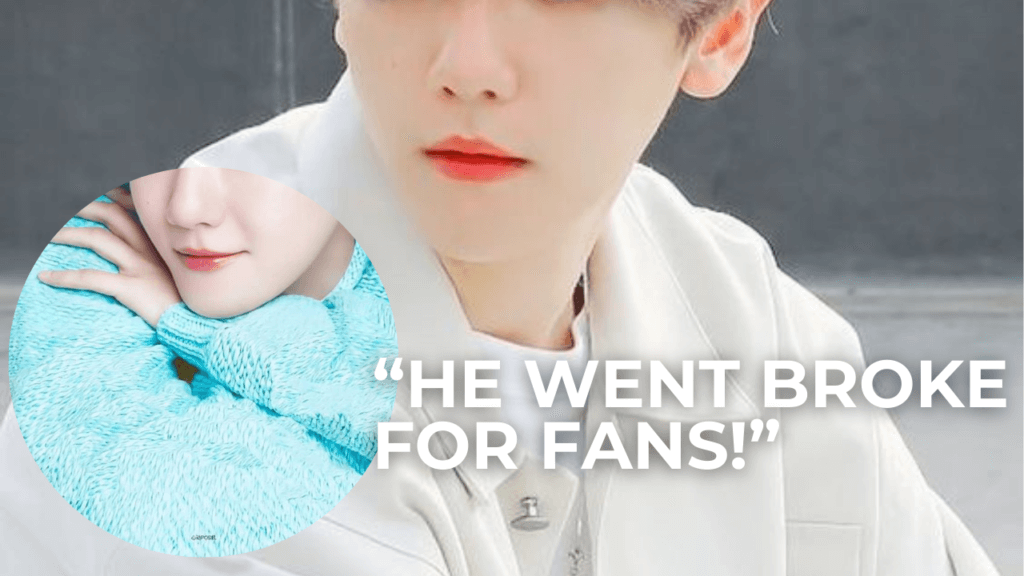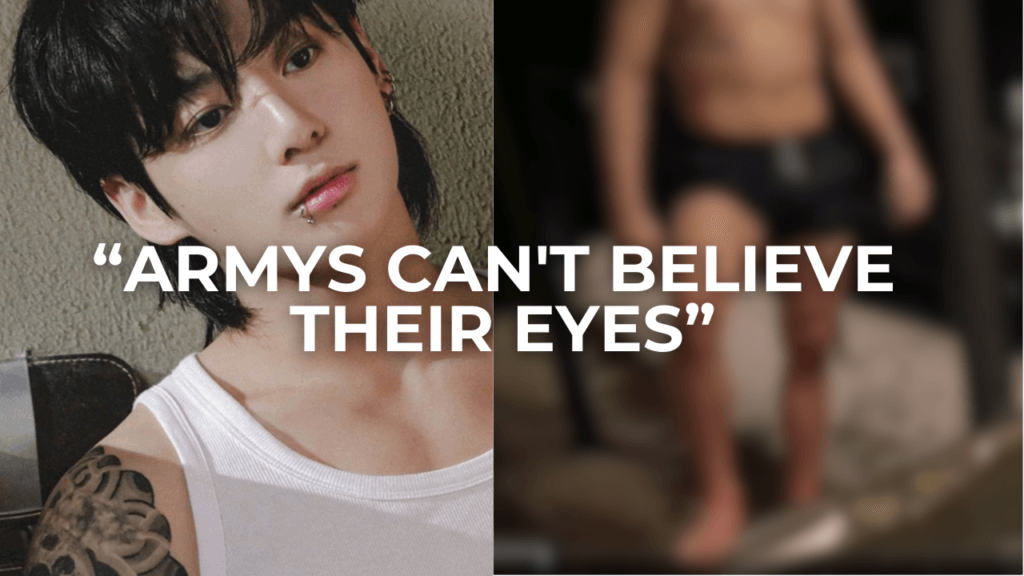SEVENTEEN Mingyu’s skin tone controversy has sparked intense discussion among fans worldwide. The incident occurred during the latest episode of GOING SEVENTEEN, released on November 13. Several members made comments about Mingyu’s darker complexion that left viewers feeling uncomfortable and raised important questions about colorism in K-pop.
The Controversial Moment and Its Immediate Impact
During the November 13 episode of GOING SEVENTEEN, members were reviewing filmed content when DK pointed out the contrast between Mingyu and Woozi’s skin tones.
The comments continued as The8 suggested Mingyu shouldn’t stand next to Woozi due to their skin tone difference. Fans quickly noticed Mingyu’s visible discomfort during the exchange, leading to widespread concern on social media platforms.
The incident gained significant attention when viewers began sharing clips of the moment online. Many fans expressed their disappointment with how casually the comments were made. The discussion highlighted how even seemingly lighthearted remarks can perpetuate harmful beauty standards.
Historical Context and Industry Beauty Standards
The SEVENTEEN Mingyu skin tone controversy isn’t an isolated incident in K-pop. The industry has long grappled with colorism, often favoring lighter skin tones as the beauty standard. Previously, Mingyu has faced questions about his complexion at fan events and interviews, reflecting a broader issue within Korean entertainment.
Despite these challenges, some members, particularly The8, have historically defended Mingyu’s appearance in other situations. They’ve praised his golden skin tone as one of his unique charms. This contrast between past support and recent comments has left many fans confused and concerned.
The controversy also brings attention to how K-pop idols with darker skin tones often face implicit bias. Many artists have shared experiences of being pressured to maintain lighter complexions or apologize for getting tanned.
Fan Response and Community Support
The Going Seventeen colorist comments triggered immediate reactions across social media platforms. Fans worldwide shared supportive messages celebrating Mingyu’s natural appearance. Many praised his confidence in embracing his skin tone, viewing him as a role model for others.
SEVENTEEN’s fandom, known as CARATs, particularly emphasized how Mingyu’s unique features contribute to his appeal. Numerous fans shared personal stories about how his confidence helped them embrace their own skin tones. The incident sparked broader discussions about representation and diversity in K-pop.
Several fan accounts organized social media campaigns to show support for Mingyu. They shared photos and positive messages celebrating his appearance, creating trending hashtags promoting skin tone diversity.
Industry Impact and Cultural Discussion
The controversy has prompted important conversations about beauty standards in Korean entertainment. Industry experts and cultural critics have weighed in on the need for more inclusive representation. Some have pointed out how such incidents reflect deeper societal attitudes about skin tone.
The incident has also led to discussions about idol training and sensitivity education. Many fans hope this situation will encourage entertainment companies to address colorism more directly. Some industry observers note that changing beauty standards could lead to more diverse representation in K-pop.
Understanding the Impact of SEVENTEEN Mingyu Skin Tone Controversy
This incident has become a catalyst for important discussions about colorism in K-pop. It highlights the need for greater awareness and sensitivity regarding skin tone comments. The controversy demonstrates how fan communities can positively influence industry standards by promoting diversity and inclusion.
Moving forward, many hope this situation will lead to positive changes in how the entertainment industry approaches diversity. What are your thoughts on how the industry should address skin tone diversity? Share your perspective in the comments below.

